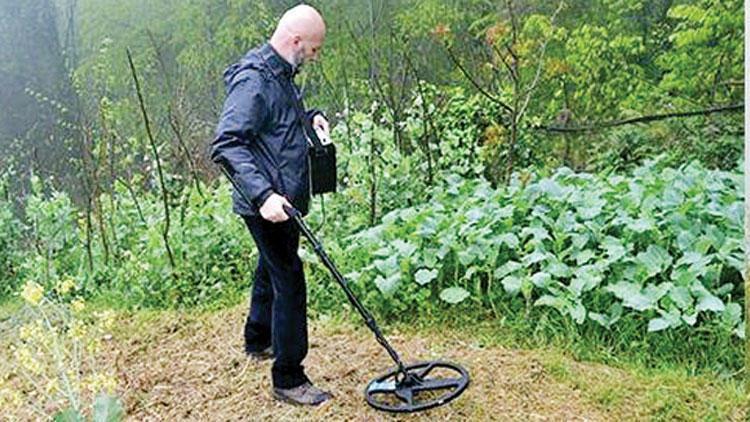
Treasure hunters in Turkey have organized under an association, drawing the ire of the archaeology community who warned the move could speed up the plundering of ancient heritage.
The Anatolia Treasure Hunters Training and Research Association was established last month. The new organization stresses in its charter that it was founded to educate, train and assemble people who are interested in treasure hunting, while raising awareness.
Archaeologists, however, doubt the true intentions of the new association. “We find it strange that an association could be found by the approval of the state, although it would work to damage the cultural heritage of Anatolia with illegal excavations,” Turkish Archaeologists Association chair Dr. Soner Ateşoğulları told daily Hürriyet.
“Their actual goal is to sell metal detectors. These machines are tools that have damaged cultural heritage. The state should limit their use or totally ban them,” he added.
Havva İşkan Işık, the head of archaeological excavations in the ancient city of Patara, also said the new association would “incentivize” illegal diggings. “The state should not have permitted its establishment. In fact, more deterrent legal punishments are needed to stop treasure hunters,” she said.
Uğur Kulaç, the head of Anatolia Treasure Hunters Training and Research Association, disagreed with scientific experts. As a producer and seller of metal detectors for treasure hunters, Kulaç claimed “illegal excavations and treasure hunting are two separate work.”
“We are gold hunters. We receive legal permits to excavate. But, when we find a historic structure during the excavation, the state cancels the permit. Hence, many people do unlicensed diggings,” he said, claiming the solution is to “give a share to the treasure hunter when something is found.”
Turkey’s “Trove Search Regulation” stipulates that a legal digging could be done in an area of 100 square meters maximum with approval from the local museums directorate. The permit is valid for a year and the excavation can be done for up to a month at most under the inspection of museum experts.
The treasure hunter receives 50 percent of the treasure if it is found on state-owned land. If it is found on privately-held land, then the private owner receives 10 percent while the treasure hunter receives 40 percent, as the remaining parts go to the state. If historical structures, such as the ruins of a building, are also unearthed, then the treasure hunter receives nothing.